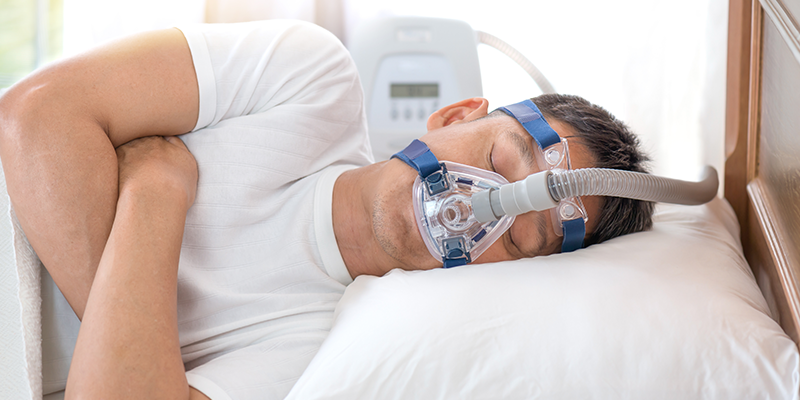
For most people, the phrase “April showers bring May flowers” means that it’s time for fun outdoor activities with friends and family. But for those who suffer from both seasonal allergies and sleep apnea, the first sign of spring can mean restless nights, nasal congestion, and near-impossible CPAP therapy.
Thankfully, CPAP Central has come up with a few tips and tricks that can help you get the most out of your CPAP during the changing seasons.
- Keep your CPAP equipment clean at all times.
It’s extremely important to regularly clean and sanitize your CPAP supplies to limit bacterial growth that can occur from even the smallest pockets of moisture.
- Switch to hypoallergenic filters.
Prevent the smallest particles from entering your airways and causing an increase in your seasonal allergy symptoms by using disposable hypoallergenic filters.
- Use a full-face CPAP mask during allergy season.
When your nose is clogged, your mouth will do most of the breathing. Because of that, a nasal CPAP mask is not the most optimal option during this time. Try switching to a full-faced mask to receive the complete benefits of using a CPAP machine.
- Wash your pillowcases regularly.
Invisible dust particles and other allergens that land on your pillowcases can increase your seasonal allergy symptoms. Regularly wash your pillowcases and consider purchasing hypoallergenic pillowcases to decrease your allergy symptoms.
- Transfer your plants outdoors.
Remove plants from your sleeping area as they often harbor mildew which can make your allergies worse at night.
- Quit smoking.
Sleep apnea, seasonal allergies, and smoking is a very dangerous combination. Dramatically improve your overall health and get the restful sleep you deserve by putting down the pipe or cigarette.
- Close your windows and doors.
With warmer weather comes increased pollen counts. To keep pollen out of your home while reducing seasonal allergy symptoms, keep your windows and doors closed at all times.
- Consult with your physician about using decongestants.
If you have followed all of the suggestions above but are still struggling with nasal congestion caused by seasonal allergies, talk to your doctor about using over-the-counter decongestants or prescribed allergy medications to help manage your symptoms.
The above recommendations are just a few suggestions that CPAP Central has to offer. We’re here for all your other sleep apnea therapy needs. Our online catalog contains a number of other items that can ensure you have a comfortable night’s sleep.
